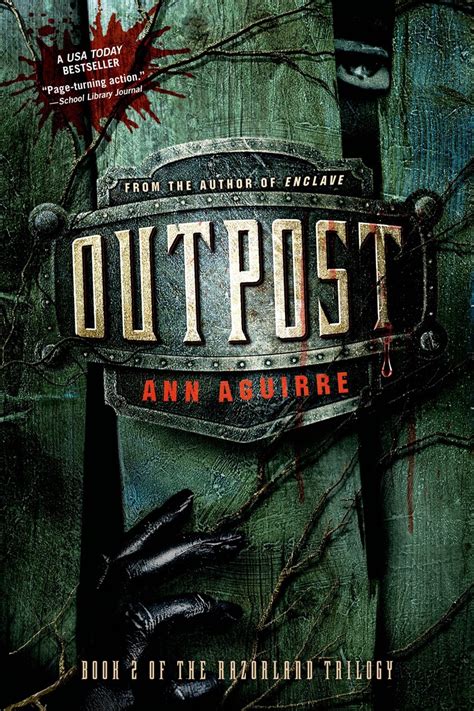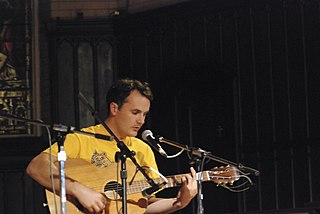A Quote by Marcus Aurelius
No one loses any other life than the one he now lives, nor does one live any other life than that which he will lose.
Related Quotes
Remember that even if you were to live for three thousand years, or thirty thousand, you could not lose any other life than the one you have, and there will be no other life after it. So the longest and the shortest lives are the same. The present moment is shared by all living creatures, but the time that is past is gone forever. No one can lose the past or the future, for if they don't belong to you, how can they be taken from you?
There is nothing else than now. There is neither yesterday, certainly, nor is there any tomorrow. How old must you be before you know that? There is only now, and if now is only two days, then two days is your life and everything in it will be in proportion. This is how you live a life in two days. And if you stop complaining and asking for what you never will get, you will have a good life. A good life is not measured by any biblical span.
Everybody talks about the entitlement generation. There is no time I'd rather live in than now, and there is no generation I would more entrust the future of this country to than this one. There is a tendency to live in a nostalgic state in this country, and to think that other generations possessed an integrity and a tenacity greater than the generation that is now. I wholeheartedly disagree with that. I believe that this is a group that will rise up to any challenge that comes before them as well as any other generation in America would have done.
In my opinion, the most fruitful and natural play of the mind is conversation. I find it sweeter than any other action in life; and if I were forced to choose, I think I would rather lose my sight than my hearing and voice. The study of books is a drowsy and feeble exercise which does not warm you up.
There is a warning. The path of God-exalting joy will cost you your life. Jesus said, “Whoever loses his life for my sake and the gospel’s will save it.” In other words, it is better to lose your life than to waste it. If you live gladly to make others glad in God, your life will be hard, your risks will be high, and your joy will be full. This is not a book about how to avoid a wounded life, but how to avoid a wasted life. Some of you will die in the service of Christ. That will not be a tragedy. Treasuring life above Christ is a tragedy.
The man who has successfully solved the problem of his relations with the two worlds of data and symbols is a man who has no beliefs. With regard to the problems of practical life he entertains a series of working hypotheses, which serve his purposes, but are taken no more seriously than any other kind of tool or instrument. In other words, symbols should never be raised to the rank of dogmas, nor should any system be regarded as more than a provisional convenience.
Now you will feel no rain, for each of you will be shelter for the other. Now you will feel no cold, for each of you will be warmth for the other. Now there will be no loneliness, for each of you will be companion to the other. Now you are two persons, but there are three lives before you: His life, Her Life, and Your life together.
This is more a personal quibble of mine, but why do you hate freedom? Why do you hate the fact that other people want a chance to live their lives and be happy, even though they may believe in something different than you, or act different than you? How does gay marriage, in any way shape or form, affect your life?






































